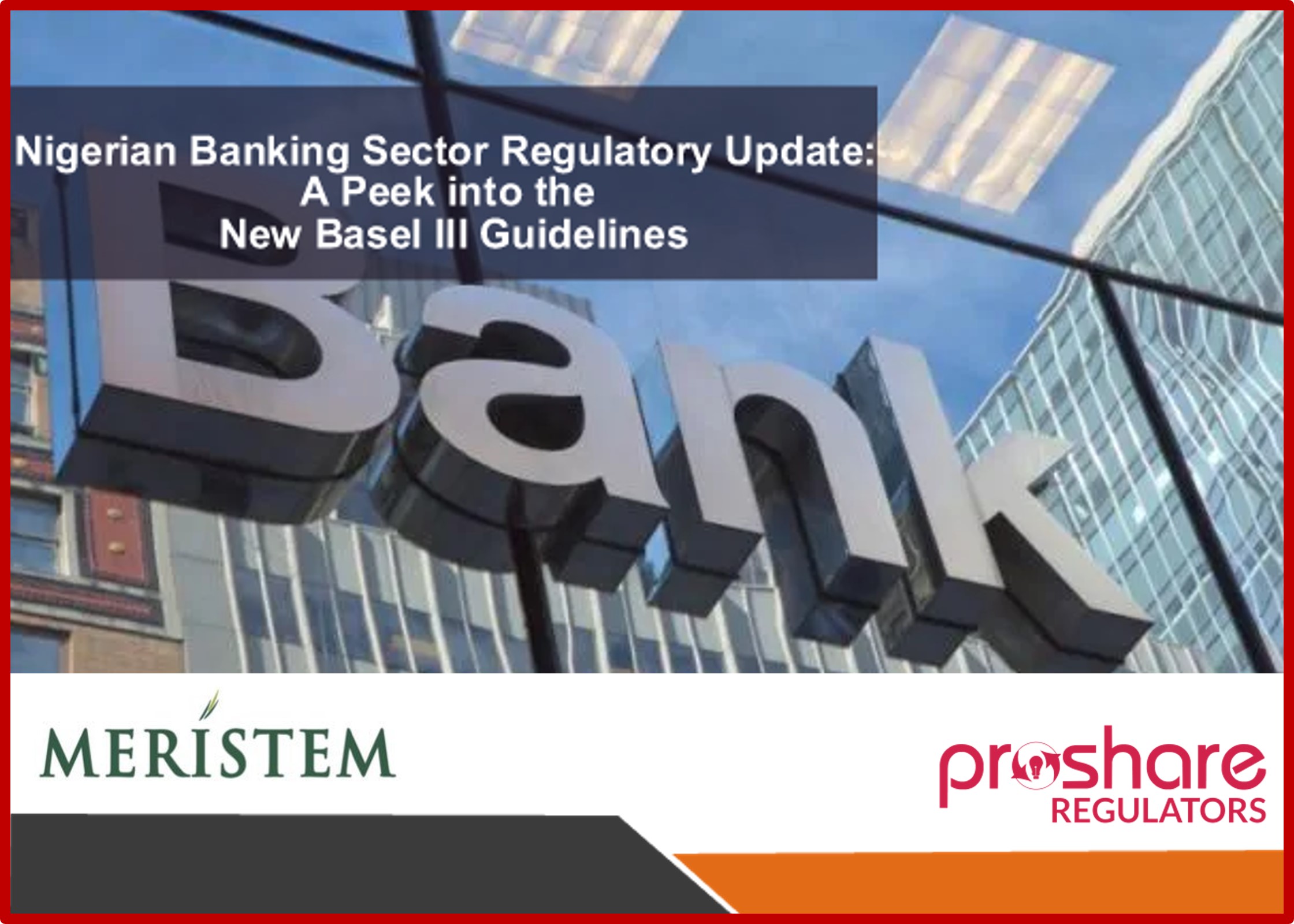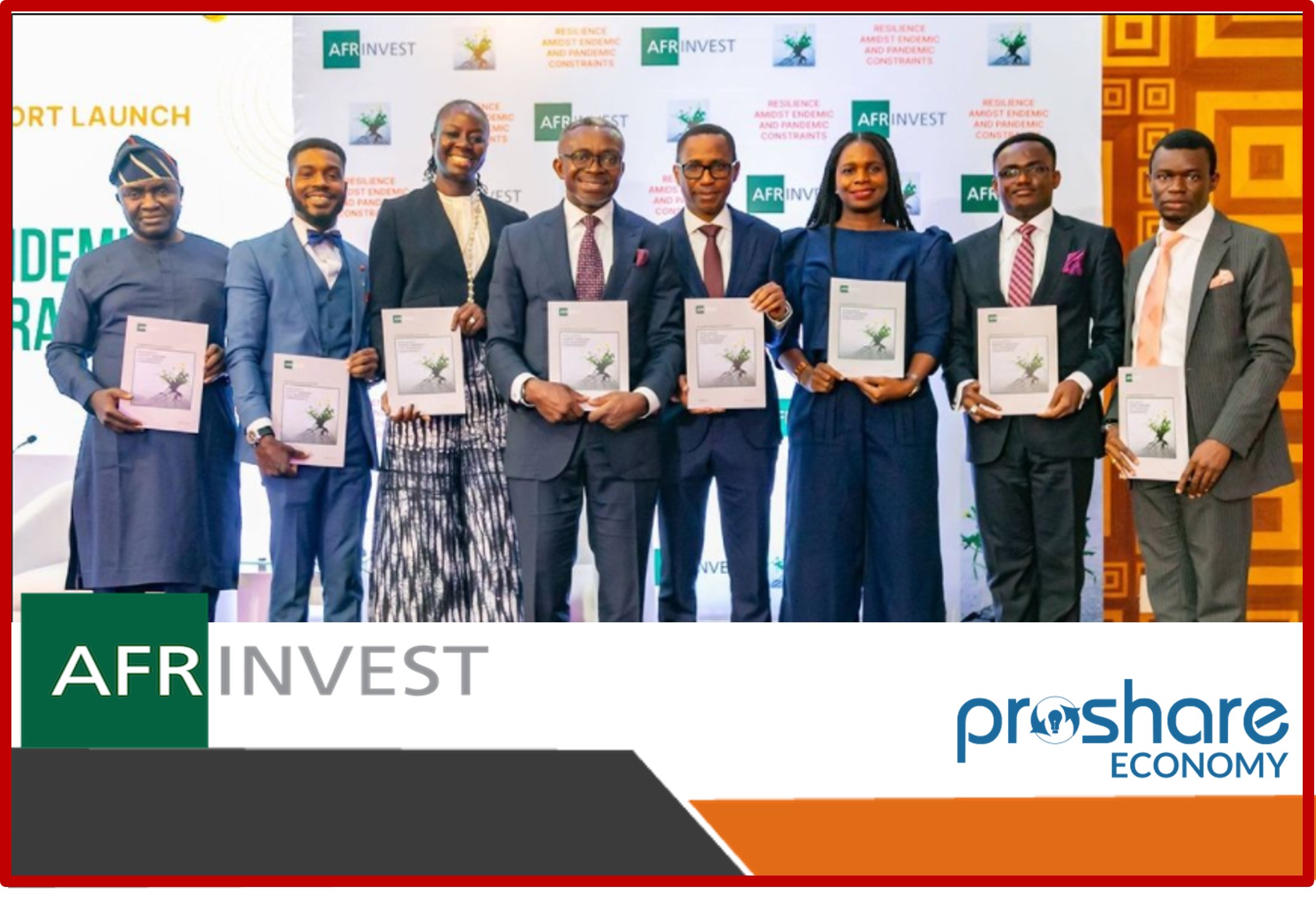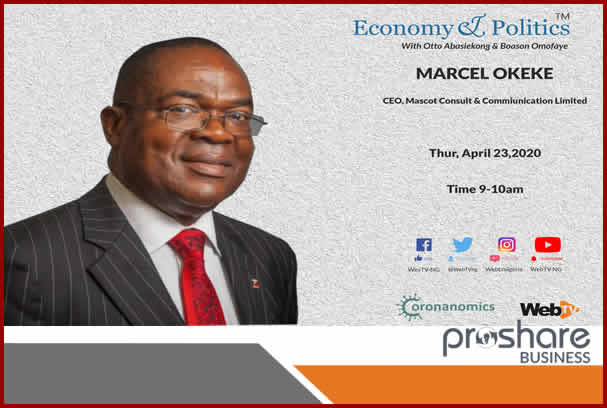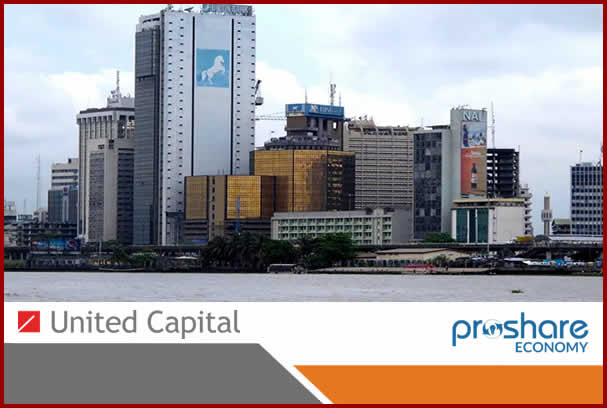The scorecard for the listed banks that have reported their H1 21 results is decent. We expect an improvement in earnings in the second half of 2022, given rising market yields.
Nigerian Banks H1 2022 Scorecard
Last week ACCESSCORP became the final company among our coverage banks to release its H1 2022 financials, bringing an end to an extended earnings season. Overall, the results across the banks were decent, with all except one (Guaranty Trust HoldCo) recording growth in Net profits. However, the earnings growth was not enough to realise the market’s positive expectations, with most of the reported earnings, when annualised, missing analyst's consensus estimates by some margin. As a result, the rout in bank stocks which began at the start of May continued into Q3. Since end-July, when results began to trickle out, share prices of our covered banks have all tanked (save for Stanbic IBTC Holdings, which reported better-than-expected earnings)
Most of our covered banks doubled-down on their core function, with Net interest income (NII) growing by an average of 24.8% y/y and accounting for an average of 55.7% of the net revenues. With asset yields still low and limited room for Net Interest Margin (NIM) expansion, the major income growth driver for our coverage banks was increased risk-asset creation as they grew their loan books by an average of 8.5% y-t-d during H1 22.
Elsewhere, the CBN’s discretionary CRR debits squeezed system liquidity, and led to many banks tilting their funding mixes towards expensive term deposits. As a result, Cost of Funds (+20bps y/y on average) came under pressure.
The growth in Non-interest revenues (NIR) also complemented the solid NII performance across our covered banks with many recording substantial rises in Trading revenues and Fees & Commission income. However, significant inflation and regulatory fee-induced cost growth weighed on Net revenues and led to a deterioration in operating efficiency. Specifically, the average Cost-to-Income ratio across our coverage rose by 160bps y/y in H1 22 (excluding Stanbic IBTC Holdings).
Due to the monetary authorities continued tightening stance, it appears it would be a ‘tale of two halves’ for the banks this year. The monetary policy rate (MPR) is up 250bps y-t-d, while the CBN has raised the floor for the savings deposit rates to 30.0% of the MPR (from 10.0%) and increased the interest rate on intervention facilities to 9.0%. Although banks will face CoF pressure, they have already begun to reprice loans upwards. This, in addition to rising market yields, are likely to positively impact NII and NIM in Q3 and Q4
FX
Last week, the exchange rate at the Investors and Exporters Window (I&E Window) strengthened by 0.02% to N436.25/US$1. Elsewhere, the foreign exchange (FX) reserves of the Central Bank of Nigeria (CBN) decreased by 0.59% to US$38.69bn as the CBN continues interventions across the various FX windows.
The FX reserve position remains close to its historic high, and we doubt that the CBN wishes to see the exchange rate slip this year. Therefore, we believe that the current I&E Window rate, or something very close to it, can be maintained for several months.
Bonds & T-bills
Last week, trading in the Federal Government of Nigeria (FGN) bond secondary market was bullish as the average benchmark yield for bonds fell by 24bps to close at 12.73%. Across the curve, the yield on the 3-year (-1bp to 13.00%) and 7-year (-1bp to 12.68%) bonds fell, while the yield on the 10-year bond was flat at 13.05%. At the FGN bond auction, the Debt Management Office (DMO) is expected to offer N225.00bn (US$515.76m) worth of instruments across the March 2025, April 2032 and April 2037 bonds. Our view remains that the combination of thin system liquidity and elevated Federal Government domestic borrowing is likely to continue to drive yields upwards over the coming months.
Activity in the Treasury Bill (T-Bill) secondary market was bullish as the average benchmark yield fell by 7bps to 7.57%. Notably, the yield on the 265-day T-bill fell by a marginal 1bp to 6.77%. At the T-bill primary auction, the DMO offered and allotted N159.60bn (US$365.84m) worth of bills. Demand was strong as the auction recorded a total subscription of N407.33bn, the highest since 9 March, implying a bid-to-cover ratio of 2.55x (vs 1.03x at the previous auction). Across the curve, the stop rate on the 364-day bill fell by 25bps to 9.75% (implied yield: 10.80%), the rate on the 90-day bill was flat at 5.50%, while the rate on the 182-day bill rose by 15bps to 6.19%. Elsewhere, the average yield for secondary market OMO bills contracted by 21bps to 10.55%, with the yield on the 228-day OMO bill falling by 3bps to 11.15%
Oil
Last week, the price of Brent extended its decline for the third straight week, shedding 1.60% w/w to settle at US$91.35/bbl. Nonetheless, Brent is up 17.45% year-to-date and has traded at an average of US$103.28/bbl, 45.69% higher than the average of US$70.89/bbl in 2021.
Following intensified worries over the threat of a global recession, given the higher-than expected US consumer price index (CPI) data for August, oil prices maintained their downward trend. In addition, ongoing COVID-19 curbs in China remained a major headwind for prices, outweighing support from a robust OPEC oil demand growth forecast.
In this exceptional year for oil prices, we maintain that prices are likely to remain above the US$73.00/bbl set in Nigeria’s government budget. Given very low levels of production in Nigeria at the moment, however, this is unlikely to translate into a significant windfall for the government.
Equities
Last week, the NGX All-Share Index extended its decline for a second consecutive week, falling by 0.44% w/w to settle at 49,475.42 points, the lowest level since 22 August. Consequently, its year-to-date return fell to 15.82%. Zenith Bank (-1.50%), FBN Holdings (- 5.66%) and Stanbic IBTC Holdings (-1.67%) closed negative, while Honeywell Flour Mills (+5.78%), Cadbury Nigeria (+5.77%) and Sterling Bank (+2.04%) closed positive. Performances across the NGX sub-indices were broadly negative as the NGX Banking (- 3.31%), NGX Insurance (-2.58%), NGX Pension (-1.74%), NGX-30 (-0.50%), NGX Consumer Goods (-0.27%), NGX Oil & Gas (-0.16%) and NGX Industrial Goods (-0.16%) indices all declined.
Model Equity Portfolio
Last week the Model Equity Portfolio fell by 0.23% compared with fall in the NGX All-Share Index of 0.44%, outperforming it by 21ps. It has gained 19.34% year-to-date compared with a gain in the NGX-ASI of 15.82%, outperforming it by 352bps.
It was a strange week in the equity market. There were no changes in the closing prices of the top-seven stocks by index weight (Airtel Africa, Dangote Cement, MTN Nigeria, BUA Cement, Nestle Nigeria, BUA Foods and Seplat) which collectively account for 76% of the NGX All-Share Index. The real action took place among the banks, as the banking sub-index fell in response to results that, while improved, fell short of expectations.
Last week, and as earlier advised, we made notional sales in Okomu Oil and Presco, with the intention of making them significantly underweight in our Model Equity Portfolio. They have provided handsomely this year (providing a combined 151bps to date) but, now that international palm oil prices are falling, we are taking profits. Also as advised last week, we attempted to create an underweight notional position in Airtel Africa, though we knew that liquidity (which we respect, even though this is a notional portfolio and our trades are also notional) would be a challenge. In the event we made sufficient notional sales to create a position 150bps lower than its index weight. We will continue making notional sales in Airtel Africa this week, liquidity permitting.
 Lagos, NG • GMT +1
Lagos, NG • GMT +1











 517 views
517 views


















 Sponsored Ad
Sponsored Ad
 Advertise with Us
Advertise with Us









